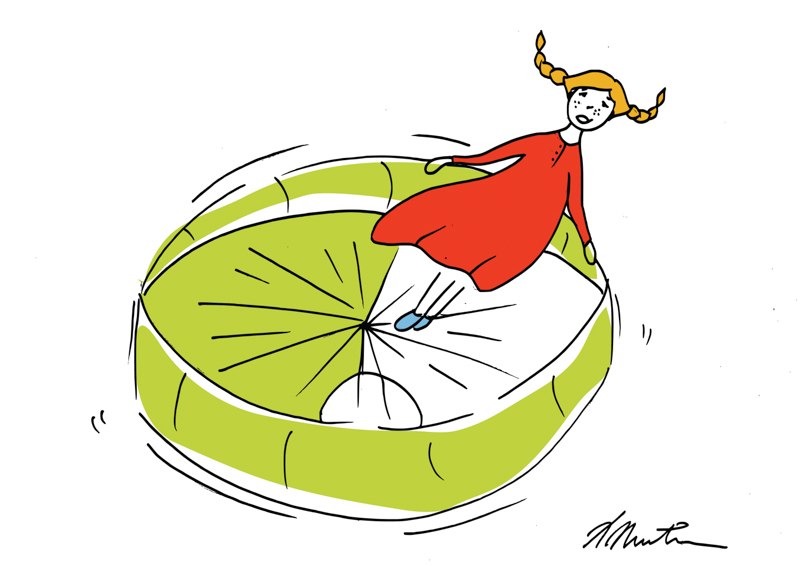A Parent and Child’s Journey
Most children will have attended a playgroup or childcare setting before they reach the age of five. There are many theories on whether or not early socialization is effective in determining children’s future academic success. Some say that a warm and responsive home will provide the child with enough benefit to become well balanced and sociable. Others say that belonging to a group outside of the home will enable the child to learn to follow directions and get along with peers, thus having a major impact on future social success. But how are we really to know where the truth lies?
Parents are forever trying to navigate a path that gives their children a fair chance at life. To grow and develop, be capable and independent. To make the right choices, select the right friends. Yet each child is an individual human being and genetically wired in his or her own way. How can we ensure that our children will be receptive to instruction and grasp opportunities to obtain knowledge, regardless of where they spend their early first years?
There’s a word that Maria Montessori used called Horme, which is actually defined as “the Greek spirit personifying energetic activity, impulse or effort (to do a thing), eagerness, setting oneself in motion.” Her idea was that the child’s Horme is a kind of unconscious power that drives the child to reach a certain goal.
If we are to entertain this notion that children have something within them that causes them to seek experiences that help them, then basically, we might believe that experience and environment are key factors in a child’s development. The child needs stimuli to gravitate towards gaining impressions that spark the need for more stimuli, and so on and so forth.
We might choose to attempt to satiate the child’s needs at home, by filling his space with toys and playdates, navigating his schedule through swim lessons and dance recitals. Yet, inevitably at some point the child will outgrow his home, finding himself in an environment different from the one he has grown up in and is accustomed to. He will need to make both a physical and mental transition to this new environment. The child’s journey is moving from what she or he knows to something that is completely foreign to her.
Three weeks ago, my family and I were visiting relatives in San Francisco. Just two weeks prior, we had pulled our daughter out of the childcare center she was attending. A space had been offered at a well-known prestigious school and we were confident it would be a good match for her both academically and socially. Yet she had only visited there once, for an hour. She had strong attachments to the people who had guided and cared for her at her old center and clearly had little understanding that she would not be returning to the old place. A few days after returning to Switzerland, she would be heading into something completely unknown.
I have to admit, the thought of this was a little off-putting. I worried that we had made a grave error in judgment. Was I being led by what I assumed to be the right choice? Or did I fail to see that she was already content and that a change was totally unnecessary? I will not lie; this is a heavy burden to place on oneself. As the day drew near, I was completely emotional. I worried that I had made the worst mistake. How could I have done this to her: taken her away from everything she knew and cared about?
Finally, the day arrived. We woke up in the morning, ate cereal and got dressed. We talked about going to the new school and what the teachers’ names were. We got into the car and drove to the school. Upon entering the school, we found her class and her own place, already marked with her name, to put her things. The door opened to the classroom, and the teacher greeted her with a warm welcome and smile. We said our goodbyes and see-you-laters. I walked away, and my heart swelled.
Trust your instinct. That’s what I say. Believe in your child and believe in yourself. We are now two weeks into it, and my daughter beams when she talks about her new class and new friends. She is enthusiastic and inspired. That is all I could really ask for.
By Whitney Bushnell
Whitney is an expat mother of two living in Luzern. She has worked as a Montessori teacher for the past 20 years in various countries in the world. One of her favorite quotes is from Carl Jung: “Children are educated by what the grown-up is and not by his talk.” This quote inspires her to stay forever curious and to always be present in the moment.
Illustration by Laura Munteanu
Laura has studied Journalism and Advertising, and has been working as a journalist and an illustrator. She has been illustrating for magazines, websites, charity and diverse campaigns. She lives in Zurich with her husband and nine-year-old daughter.




